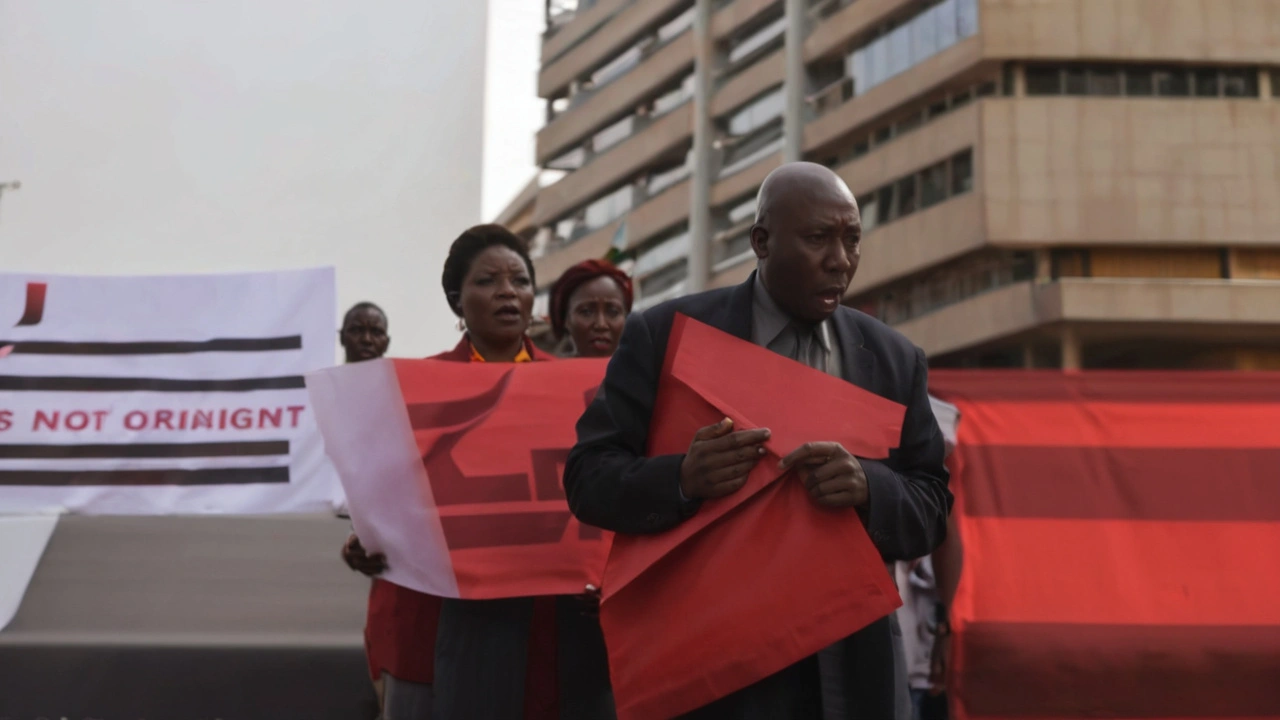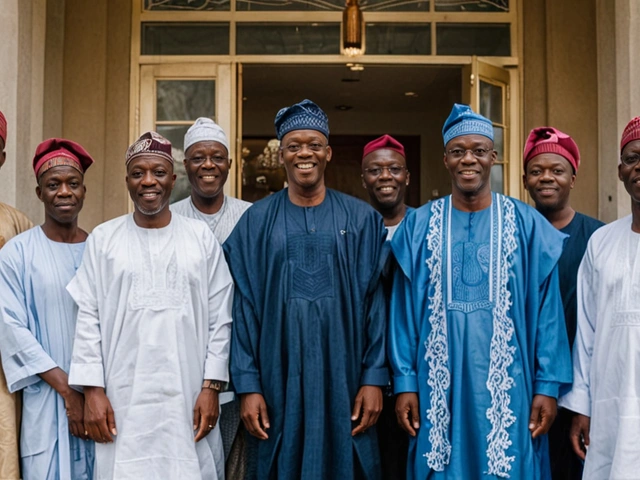COSATU: Your Quick Guide to South Africa’s Leading Trade Union
If you’ve ever wondered what’s driving the biggest strikes, the loudest protests, or the boldest policy pushes in South Africa, the answer is often COSATU. Short for the Congress of South African Trade Unions, it’s the federation that speaks for millions of workers across industries. Below you’ll find the basics, why it matters right now, and how you can stay in the loop.
What is COSATU?
COSATU was founded in 1985 during the final years of apartheid. It brought together previously fragmented unions under one umbrella, giving workers a unified voice against both the regime and later, the democratic government. Today, its membership spans mining, manufacturing, transport, public services and even the informal sector. The federation is not just a collection of unions; it’s a political force that partners with the African National Congress (ANC) while also challenging the government when labour interests are ignored.
Key things to know:
- Over 1.8 million members – that’s a massive voting bloc.
- Three main sections: the general workers, public sector employees and the informal economy.
- It runs its own research arm, the COSATU Institute for Development and Policy, which publishes reports on wages, gender equity and job security.
Because of its size, COSATU can call national strikes that shut down ports, power stations and even the national rail network. Those actions force the government and employers to the negotiating table.
Why COSATU Matters Today
In 2023‑2024, COSATU has been front‑and‑center of several hot topics. One is the ongoing battle over electricity tariffs. Eskom’s price hikes hit low‑income earners hardest, and COSATU has organized protests demanding affordable power and better working conditions for utility staff.
Another flashpoint is the fight for decent wages in the mining sector. When gold and platinum mines announced wage freezes, COSATU stepped in, pushing for a 10 % uplift to match inflation. The talks led to a tentative agreement that still needs ratification, showing how the federation can shift outcomes even in traditionally employer‑dominated industries.
Gender equality is also on the agenda. COSATU’s Women’s Desk recently released a study showing that women earn on average 23 % less than men in the same roles. The federation is using that data to lobby for stricter enforcement of equal‑pay legislation.
For everyday South Africans, COSATU’s actions translate into real‑world benefits: higher minimum wages, better occupational safety standards, and a louder voice in policy debates about unemployment and social grants. If you’re a worker, a student of politics, or just curious about how labour shapes the country, staying updated on COSATU’s moves is essential.
How can you keep up? Follow the BassaNova News tag “COSATU” for daily headlines, read the federation’s weekly bulletins, and tune into local radio talk shows that often host COSATU spokespersons. Most importantly, pay attention to the timing of strikes and protests—those are the moments when the union’s influence is most visible.Bottom line: COSATU isn’t just another news item; it’s a living engine of change that affects everything from your paycheck to the price of electricity. Understanding its role helps you make sense of South Africa’s economic and political headlines. Keep scrolling, stay informed, and you’ll see why COSATU remains a powerhouse in the country’s labour landscape.




